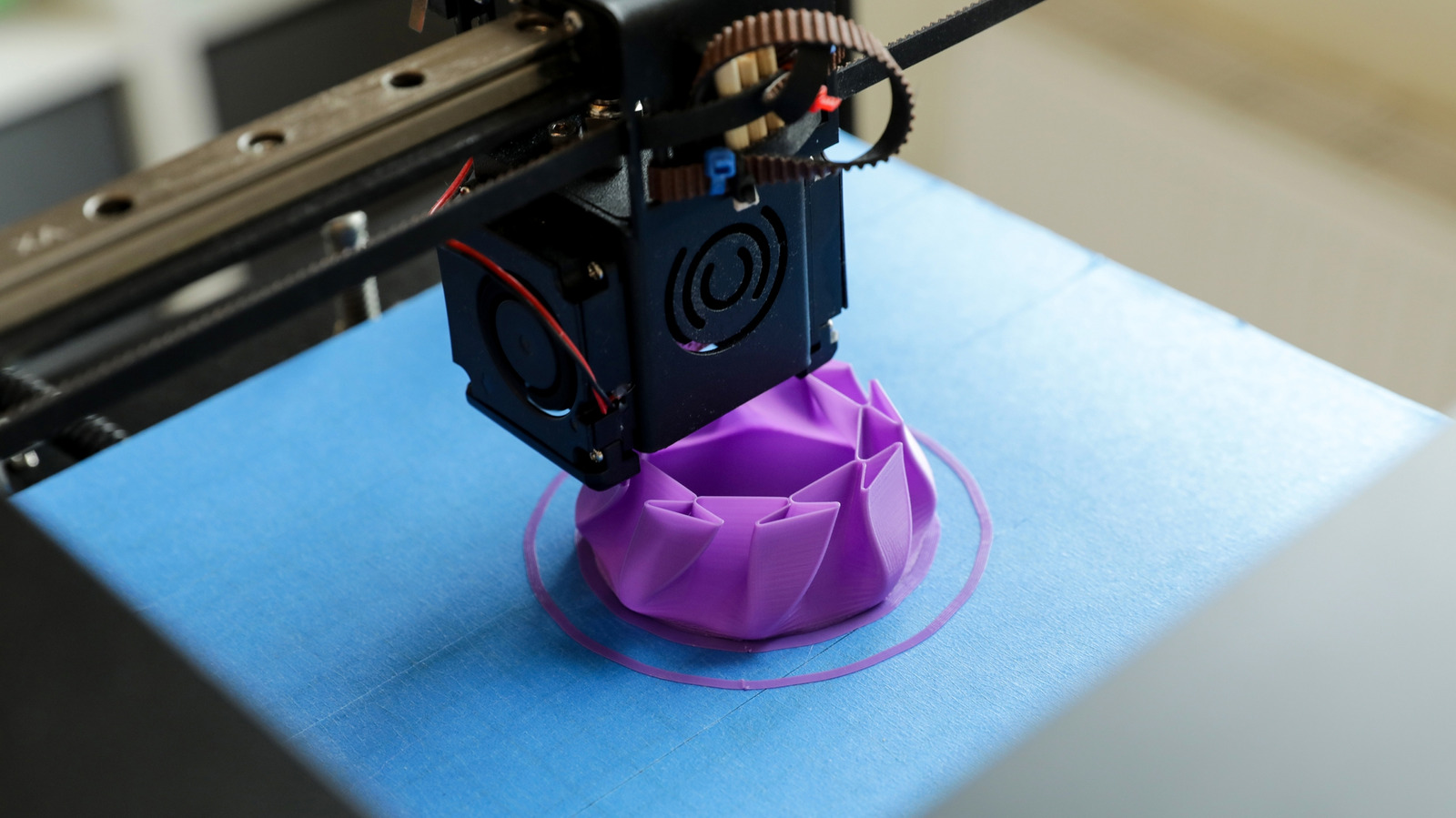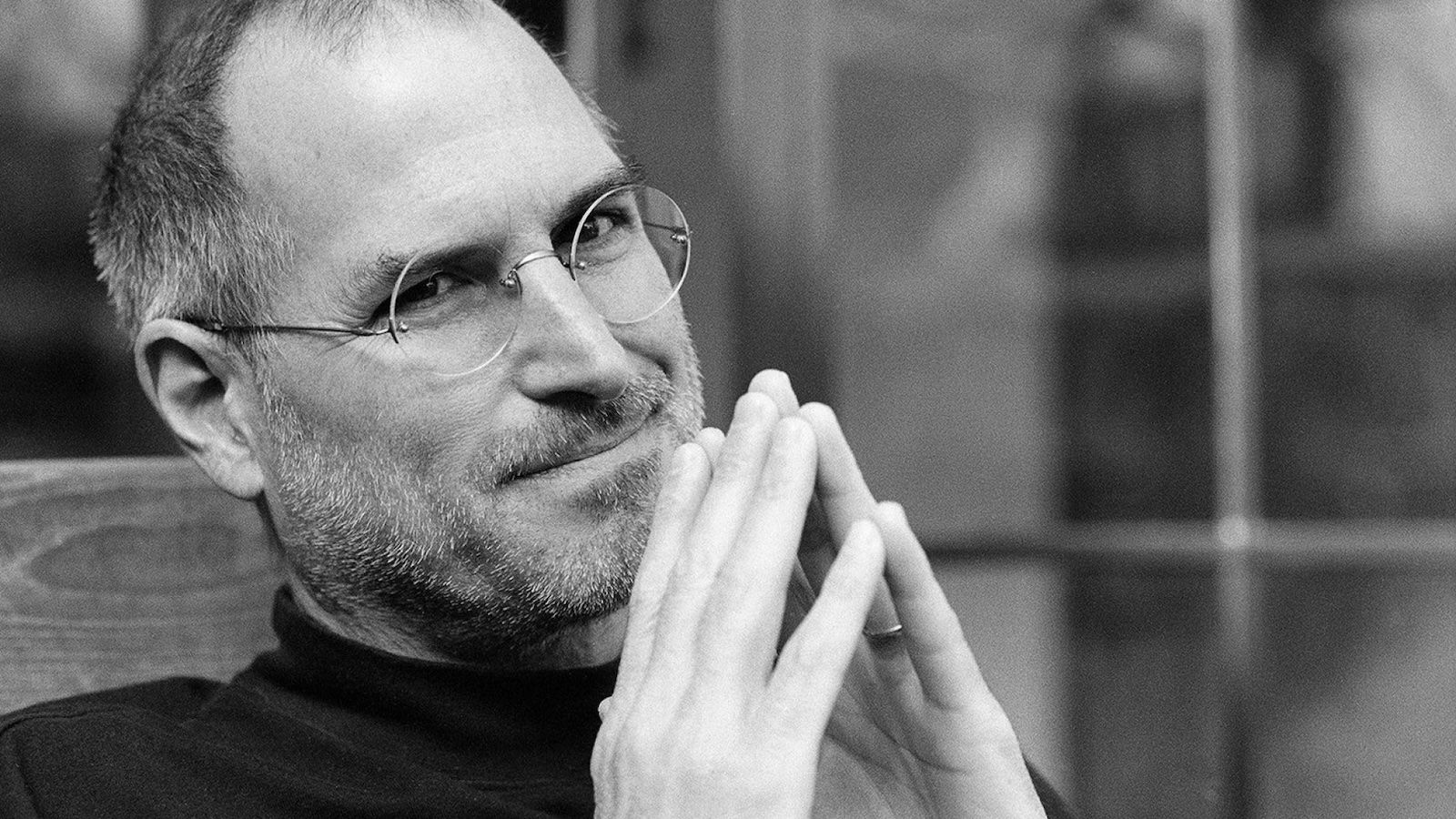Don’t miss out on our latest stories. Add PCMag as a preferred source on Google.
Elon Musk may expand into another major business: chip manufacturing.
During Tesla’s annual shareholders meeting on Thursday, Musk discussed his vision for building next-generation electric cars and robots, including his driverless Cybercab and the Optimus bot.
However, chip availability and electricity needs are a “limiting factor.” Musk’s companies are already buying all the available chips from contract semiconductor companies, including TSMC and Samsung, but the chip output still isn’t “going fast enough,” he said.
“As far as I can see, the only option is to go build some very big chip fab,” he said. “And then you have to solve memory and packaging, too. But otherwise, you just tap out at whatever the chip production rate is.”
Musk has dubbed the proposed factory the Tesla Terra Fab. “I can’t see any other way to get to the volume of chips that we’re looking for,” he explained. This “gigantic” fab would aim for “at least 100,000 wafer starts per month,” meaning its manufacturing output would be five times TSMC’s first fab in Arizona.
However, Musk noted envisioning not one, but 10 such fabs in a massive complex. “So ultimately, it’d be a million wafer starts per month,” he added. Each completed wafer could then yield dozens or hundreds of chips, depending on the size.
Recommended by Our Editors
One of the planned chips includes the AI5 processor for new Tesla vehicles, which use “about a third of the power” of an Nvidia Blackwell GPU while offering comparable performance, Musk says.
Building such fabs would take years, require hiring scarce chip engineering talent, and likely require an investment of over $100 billion, if not more. Musk didn’t provide a timeline, but in the short term, Musk mentioned holding talks with Intel about using its chip manufacturing.
That $100 billion pales in comparison to the $1 trillion pay package that over 75% of Tesla shareholders approved for Musk this week.

Get Our Best Stories!
Your Daily Dose of Our Top Tech News

By clicking Sign Me Up, you confirm you are 16+ and agree to our Terms of Use and Privacy Policy.
Thanks for signing up!
Your subscription has been confirmed. Keep an eye on your inbox!
About Our Expert

Michael Kan
Senior Reporter
Experience
I’ve been a journalist for over 15 years. I got my start as a schools and cities reporter in Kansas City and joined PCMag in 2017, where I cover satellite internet services, cybersecurity, PC hardware, and more. I’m currently based in San Francisco, but previously spent over five years in China, covering the country’s technology sector.
Since 2020, I’ve covered the launch and explosive growth of SpaceX’s Starlink satellite internet service, writing 600+ stories on availability and feature launches, but also the regulatory battles over the expansion of satellite constellations, fights with rival providers like AST SpaceMobile and Amazon, and the effort to expand into satellite-based mobile service. I’ve combed through FCC filings for the latest news and driven to remote corners of California to test Starlink’s cellular service.
I also cover cyber threats, from ransomware gangs to the emergence of AI-based malware. Earlier this year, the FTC forced Avast to pay consumers $16.5 million for secretly harvesting and selling their personal information to third-party clients, as revealed in my joint investigation with Motherboard.
I also cover the PC graphics card market. Pandemic-era shortages led me to camp out in front of a Best Buy to get an RTX 3000. I’m now following how President Trump’s tariffs will affect the industry. I’m always eager to learn more, so please jump in the comments with feedback and send me tips.
Read Full Bio










